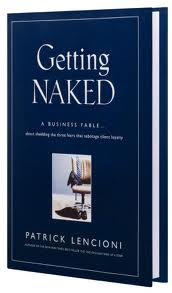I’m on a bit of a James Gleick kick right now, and before I dig into reading The Information in earnest, I figured I’d step back and write up my thoughts on What Just Happened, a collection of his technology essays from 1990 – 2001.
For those of you who aren’t familiar with Gleick, he’s a fantastic science and technology writer, best known for his biographies of Isaac Newton and Richard Feynman…although when you’re a polymath like Gleick, “best known for” oversimplifies the breadth of your accomplishments.
During the nineties, he was at the forefront of those who understood just how profound the changes taking place to the information landscape were. He may not have been right 100% of the time (more on that in a minute), but he was always willing to see past the immediate wow factor of any given technological innovation to get at the larger implications for us as individuals, for our culture, and for society as a whole.
As you might expect, he covers a lot of ground in WJH, from the joys and frustrations of being a WinWord power user, to the radical transformation of telcos, the growth of Microsoft, the Internet and politics, the death of money, Y2K, and even the state of Internet porn circa 1995.
All the essays are excellent here, although some are more substantial than others. And while Gleick is always well-informed on his subject matter, you can definitely tell which topics he’s engaged with more deeply (especially the history of telephony, which is the starting point for The Information).
Continue reading →
Filed under: Book Review | Tagged: James Gleick, Microsoft, technology, The Information, What Just Happened, WinWord, Y2K | 2 Comments »



 I’m happy to say that The Information doesn’t disappoint. This book is a tour de force, even for Gleick, who specializes in
I’m happy to say that The Information doesn’t disappoint. This book is a tour de force, even for Gleick, who specializes in 
